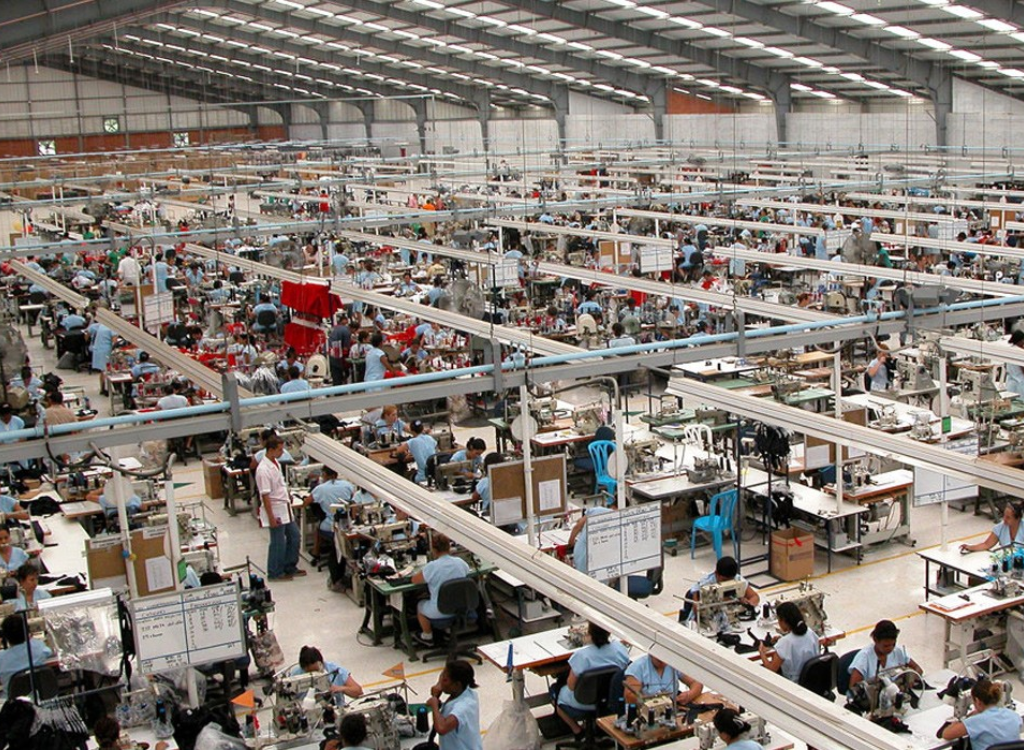Sri Lanka is making significant strides in expanding its export portfolio, particularly in organic produce and ethical manufacturing, with 2025 shaping up to be a promising year for the nation’s export sector.
The Export Development Board (EDB) Chairman Mangala Wijesinghe announced that the country has secured quarantine clearance for the export of bananas and pineapples—opening new avenues in the fresh fruit market globally.
In an address highlighting the nation’s export potential, Wijesinghe underscored Sri Lanka’s growing reputation as a flagship green destination. “We are home to the world’s first ozone-friendly tea grower, and our commitment to ethical and sustainable practices is what makes Sri Lanka a trusted sourcing destination,” he said.
Tea remains a cornerstone of the country’s export economy, with all tea produced using 100% ozone-friendly methods. Sri Lanka continues to lead the global market in value-added tea products, setting benchmarks for environmental and quality standards.
The EDB Chairman also noted the country’s impressive performance in fisheries. Currently, 34 EU-approved fish processing establishments operate in Sri Lanka, all using sustainable fishing techniques.
Every vessel in the industry is licensed under the Vessel Monitoring System (VMS), ensuring full compliance with international laws such as the Convention on International Trade in Endangered Species (CITES) and Illegal, Unreported and Unregulated (IUU) fishing regulations.
Coconut-based exports are another area of strength, with production facilities certified under ISO and HACCP standards. These include desiccated coconut, coconut milk, and coconut milk powder, all produced in eco-conscious environments, free from animal cruelty and using organically certified coconut farms.
In niche markets, Sri Lanka holds unique leadership positions. The country is the world’s largest supplier of tawashi brushes and the top global exporter of brown fibre.
Moreover, it has achieved Geographical Indication (GI) recognition for Ceylon Cinnamon in the European Union, enhancing its global brand identity. The ‘Pure Ceylon Cinnamon’ trademark is now registered in key international markets including the USA, Peru, Colombia, and the EU.
Looking at the broader export outlook for 2025, Sri Lanka’s merchandise exports are projected to grow steadily, driven by rising global demand for ethical, organic, and sustainable products. Key export sectors such as apparel, rubber, spices, ICT services, and food and beverage are also showing positive momentum.
Crucially, Sri Lanka maintains a strong commitment to labour rights and sustainability. “Our industries do not rely on child labour, forced labour, or sweatshop practices,” Wijesinghe reaffirmed.
More than 80% of Sri Lanka’s manufacturing facilities meet international environmental and labour standards, strengthening the country’s appeal as a responsible trade partner on the world stage.
(LNW)











Leave a comment